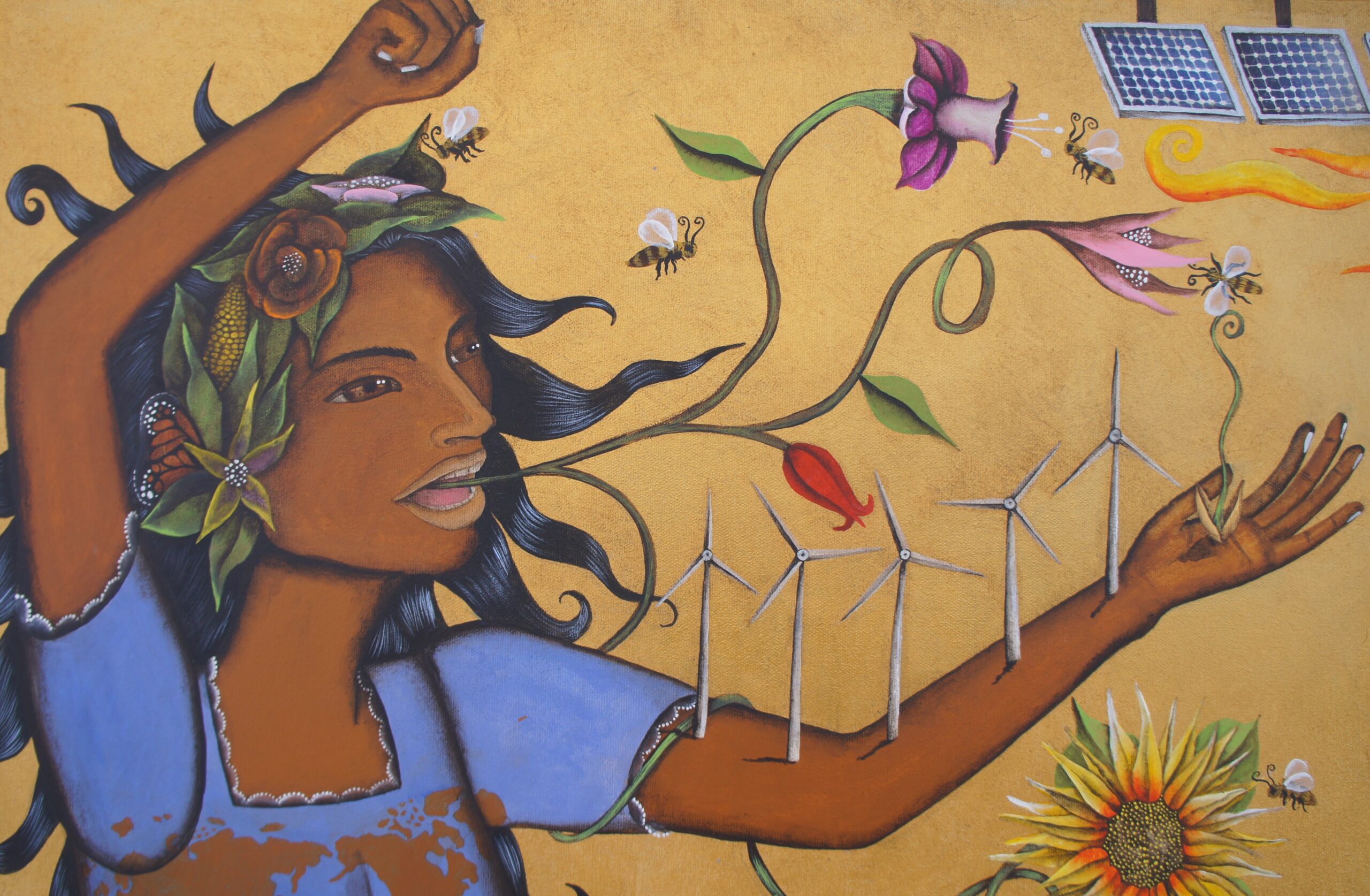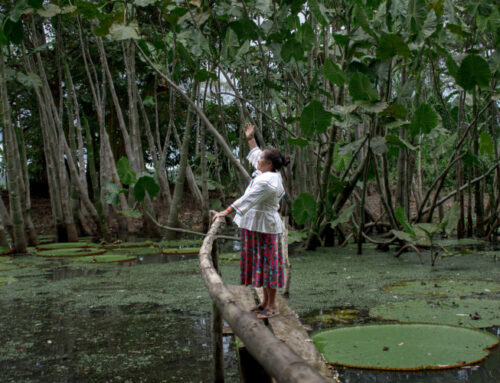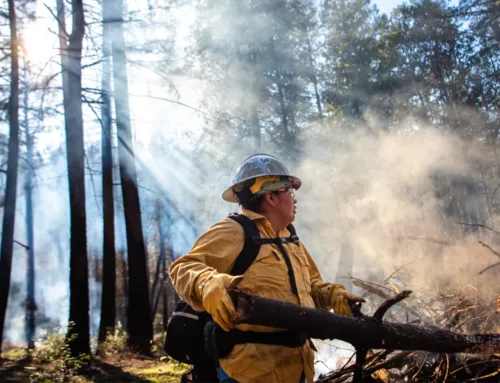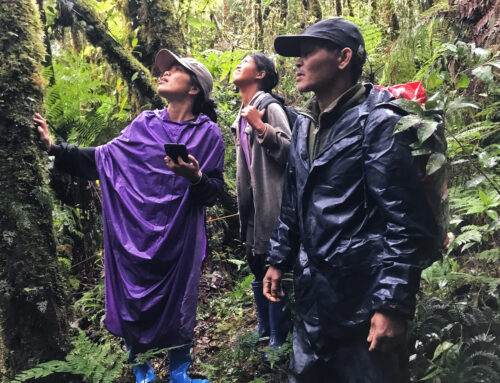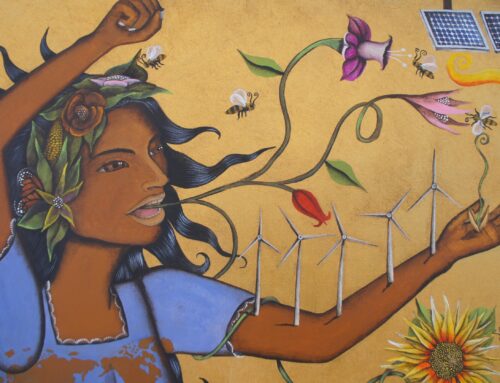Kiley Price highlights the work of three Indigenous women — Evelin Garcia, Katty Guatatoca, and Carmenza Yucuna — whose work has been supported by the Amazonia Indigenous Women’s Fellowship Program, a program that provides funding and resources to Indigenous women for conservation projects in their respective regions/countries. Garcia, a member of the Monkox Indigenous community located in the Chiquitania region of eastern Bolivia, noted the importance of recovering ancestral knowledge and practices of endemic plants to the feeding and healing of her community during the pandemic. In particular, kutuki is an important herb which has traditionally been used to treat illnesses ranging from colds and fevers to respiratory issues; this became an important resource for COVID-19 symptom alleviation. With the help of the fellowship, Garcia, along with other women in her community, created a curriculum for schools and community centers in the area to pass on medicinal plant knowledge. Guatatoca, a Kichwa woman from the Amazon forest in central Ecuador, founded the Awana Collective, a group of Indigenous women who use inorganic materials (like plastics) and organic materials to make handmade items. Guatatoca highlights how this work helps Kichwa women obtain financial independence while also caring for the lands which they rely upon by recycling inorganic materials. The items and designs are created using traditional Kichwa culture. Yucuna, a member of the Yucuna community from Mirití-Paraná in southern Colombia, focuses her efforts on preserving the traditional knowledge of the Melipona bee, a stingless bee whose honey has important medicinal properties, both antimicrobial and antifungal. The honey has been traditionally used for centuries for wound and infection treatment. Through the fellowship, Yucuna has completed research on the bees, which is now being used for their conservation and management, along with the ancestral knowledge of her community. Yucuna is also working alongside older women in the community to sell excess honey to help fund conservation efforts.


